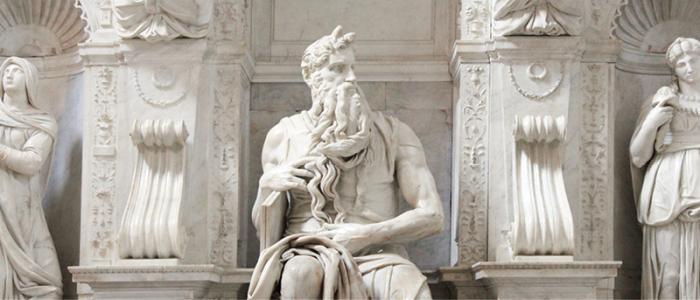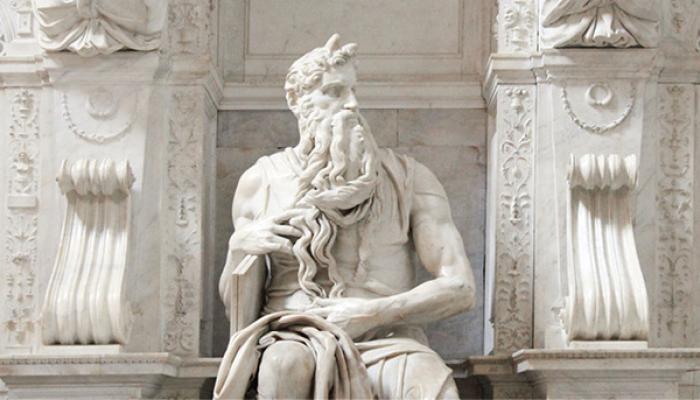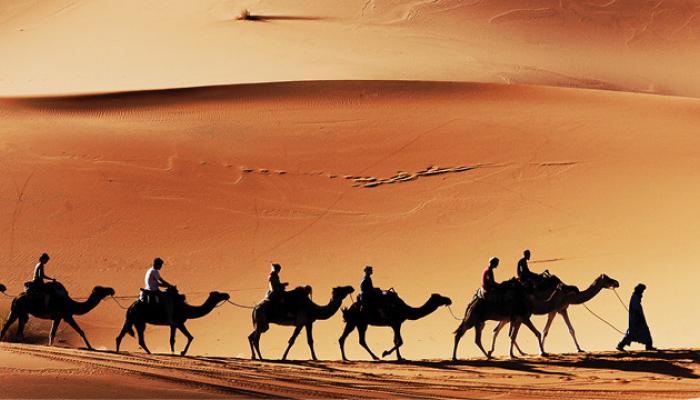
1.24 Чому народ Ізраїля блукав по пустелі аж 40 років?
Предки народу, який потім назвали Ізраїлем, прийшли до Єгипту під час голоду. Пізніше фараон Єгипту почав їх пригноблювати як рабів. Бог обрав Мойсея, щоб звільнити свій народ і привести його до кращого життя на землі, яку він обіцяв їхнім предкам століттями раніше.
Фараон не хотів відпускати ізраїльтян, і тому Бог наслав на нього різні лиха. Зрештою фараон дозволив цим людям піти, і вони помандрували через пустелю. Оскільки ізраїльтяни не слухалися Бога і часто порушували Його заповіді, вони отримали покарання ‒ 40 років поневірянь перед тим, як прибути в землю обітовану.
How does God reveal himself in the Old Testament?
God shows himself in the Old Testament as God, who created the world out of love and remains faithful to men even when they have fallen away from him into sin.
God makes it possible to experience him in history: with Noah he establishes a covenant to save all living things. He calls Abraham so as to make him “the father of a multitude of nations” (Gen 17:5b) and to bless “all the families of the earth” in him (Gen 12:3b). The people Israel, sprung from Abraham, becomes his special possession. To Moses he introduces himself by name. His mysterious name Yhwh, usually transcribed Yahweh, means “I am who I am” (Ex 3:14). He frees Israel from slavery in Egypt, establishes a covenant with them on Sinai, and through Moses gives them the law. Again and again, God sends prophets to his people to call them to conversion and to the renewal of the covenant. The prophets proclaim that God will establish a new and everlasting covenant, which will bring about a radical renewal and definitive redemption. This covenant will be open to all human beings. [Youcat 8]
Подорож єврейського народу з Єгипту до Землі Обітованої тривала 40 років, це достатній час для того, щоб відчути Божу вірність. «Пам’ятай всю дорогу, якою Господь, Бог твій, провадив тебе ці сорок років у пустелі… твій одяг не зносився на тобі, і нога твоя не опухла, ці сорок років», – говорить Мойсей у Второзаконні наприкінці сорокарічної міграції (8:2,4) [Папа Бенедикт XVI, загальна аудієнція, 22 лютого 2012 р.]





